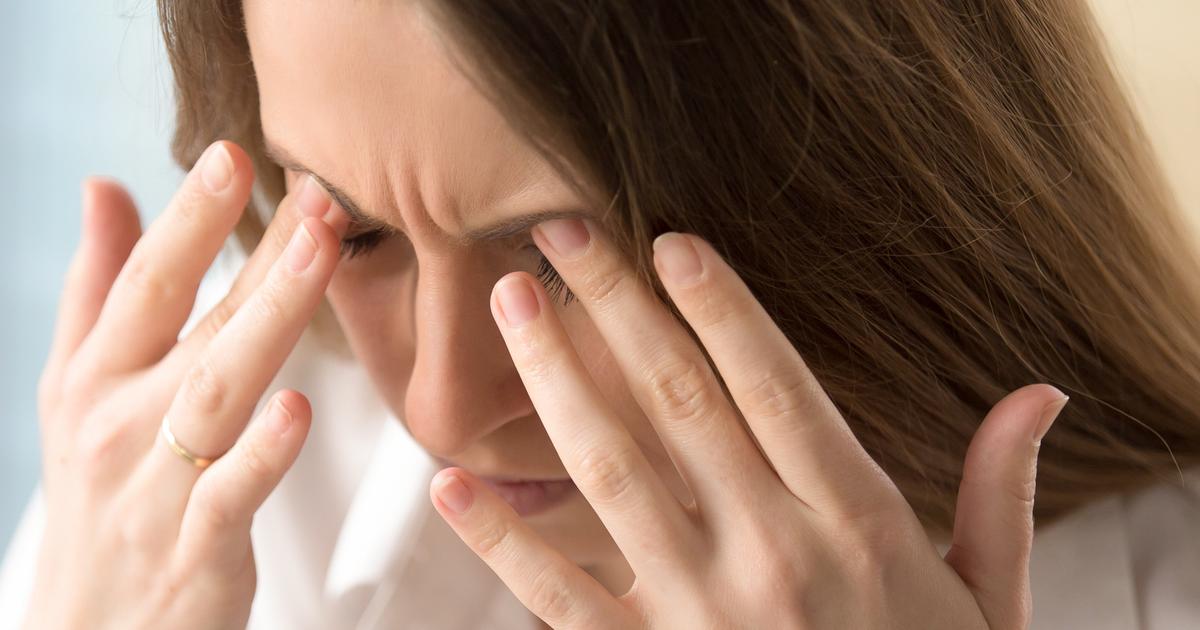Warning Signs Of Hypotension (Low Blood Pressure)
Hypotension is the medical term for abnormally low blood pressure. It might surprise some to learn low blood pressure can be a dangerous condition. Many individuals want or need to lower their blood pressure since heightened blood pressure can lead to dangerous cardiovascular problems.
Some individuals have naturally low blood pressure and experience no ill effects and low blood pressure is not life-threatening as often as high blood pressure. However, there have been rare cases where blood pressure becomes low enough that it causes potentially fatal complications. Clinical hypotension occurs when the systolic number (the one on top) is lower than 90 mm Hg, or the diastolic number (the bottom number) is lower than 60 mm Hg.
Learn about the most common signs of hypotension now.
Lightheadedness and Dizziness

Lightheadedness and dizziness are two of the most common symptoms of low blood pressure. These occur because the brain is not receiving enough blood, which means it's being deprived of necessary oxygen. Patients might experience dizziness if they have a brief low blood pressure spell. Some individuals feel the dizziness and lightheadedness when they stand after they've been sitting or lying down. This can sometimes be because of the sudden increase in the necessary energy of the body. It can also happen if individuals have certain conditions that cause their blood pressure to drop sharply when they stand up. Individuals are more likely to notice dizziness when they're standing up, as a loss of balance is more noticeable from a standing position. They might become dizzy enough that they need to sit down. Some symptoms may precede a loss of consciousness, like narrowing of the vision, dark spots in front of the eyes, and a high-pitched ringing in the ears.
Continue reading to reveal more symptoms of hypotension now.
Fatigue

Individuals who have chronic hypotension rather than just an occasional low blood pressure spell may find they've developed ongoing fatigue. Fatigue is a symptom of many different conditions, and it can be frustrating to diagnose because the causes are so hard to pinpoint. Individuals can generally consider themselves fatigued if they still feel tired after getting eight total hours of sleep. They might try to offset the effects with caffeine, but that tends to provide only temporary relief. Researchers believe there may be a link between low blood pressure and chronic fatigue syndrome, a medical condition that causes chronic fatigue with no discernible cause. More studies need to be done establishing if there's an actual provable link between the two. Part of the reason low blood pressure can cause fatigue is that the muscles and brain are both not getting the supply of nutrients necessary to keep functioning. This means affected individuals get tired much more easily regardless of how much they've slept. If individuals have to sleep more than nine hours, it's generally considered a symptom of fatigue.
Discover additional symptoms of low blood pressure now.
